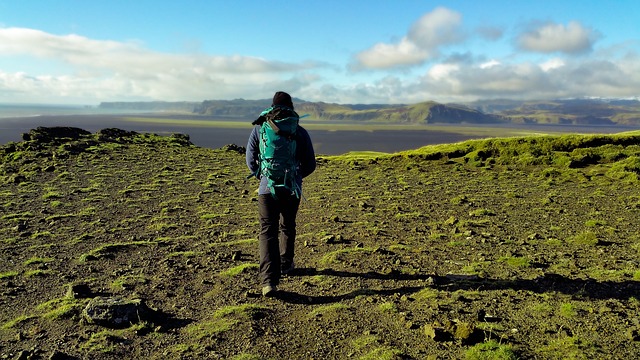For novice hikers, preparing for a first nature trek can seem daunting. Outdoor stores overflow with gear catering to every possible need. However, much of this equipment serves very specific purposes not required for most casual day hikes. By focusing on a few key essentials tailored to basic comfort and safety, beginners can feel ready to discover the joy of trails without breaking the bank.
Footwear Tops the List
Traction reigns as job one for any successful hike. Trail terrain runs the gamut from uneven dirt to slippery rocks and gnarled roots. Bulky street shoes lack the stability required to safely navigate such variability, elevating risk of falls or twisted ankles which can cut short any wilderness adventure.
Instead, invest in reputable footwear designed specifically for hiking’s demands. Study boots providing sturdy ankle support or opt for lightweight trail runners with grippy tread made to grasp mixed surfaces. Try various options at outdoor retailers to gauge best fit for comfort mile after mile before committing to a purchase.
Layer Up Against Elements
Mountain weather morphs rapidly so prepare for myriad conditions by dressing in tested layers. Start with moisture wicking breathable base layers keeping skin dry. Adding an insulating mid-layer atop provides warmth if breezes pick up. Round out by carrying a reliable rainproof outer shell to shelter from surprise showers.
Follow the mantra: It’s always easy to shed layers when hot but impossible to create new ones if cold or wet. Adjusting garments in light, portable packs saves space and weight. Remember the adage cotton kills regarding clothing’s drying capacity. Synthetic fabrics trump natural ones for rapid moisture evacuation.
Sturdy Pack for Essentials
Any wilderness venture requires at least basic equipment for sustenance and emergencies so select a pack fitting these core items. Streamlined day packs around 25 liters suffice for most beginner outings lasting just a few hours. Sturdy waist and chest straps stabilize heavier loads against body movement over uneven trails.
Pack at minimum 2 liters of water, high protein snacks supplementing blood sugar and energy, a first aid kit, mini multi-tool, fire starter, headlamp once darkness falls and a whistle signaling for help if required. Waterproof linings or pack covers provide insurance during rain.
Trustworthy Trekking Poles
Trekking poles serve as both walking sticks taking pressure off knees during long descents and brakes easing loads on thighs when climbing back up. Made of lightweight metals with adjustable straps and molded grips, poles improve stability greatly reducing strain and likelihood of slips or falls. Those maximizing balance and security exponentially grow confidence to continue hiking as fitness level expands.
Getting in Touch with Nature
Venturing into nature’s sanctuary ready to be enveloped by sights, sounds and smells makes any hike more meaningful. Beyond proper footwear and clothing, beginners should gear up mentally to embrace this magical immersion. Open senses to bark textures and wildflower scents. Pause frequently to admire limitless vistas. Lean in rather than shrink from weathering forces sculpting the landscape over eons through rain, wind and snow.
Advanced gear enhances specialized backcountry exploits but these basics kindle any hiker’s connection to trails. So gear up properly then finally bid the concrete jungle goodbye if only for the day. An enchanting realm where maples rustle and blue jays fuss awaits right outside the doorstep. Take this first step armed not only with quality equipment but also a mindset welcoming nature’s inspiration fueled by every foot forward.

